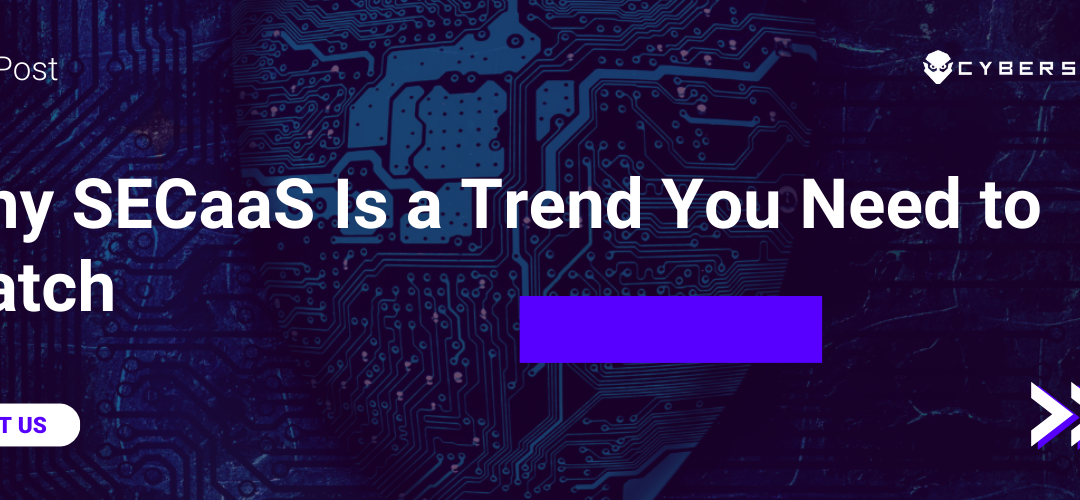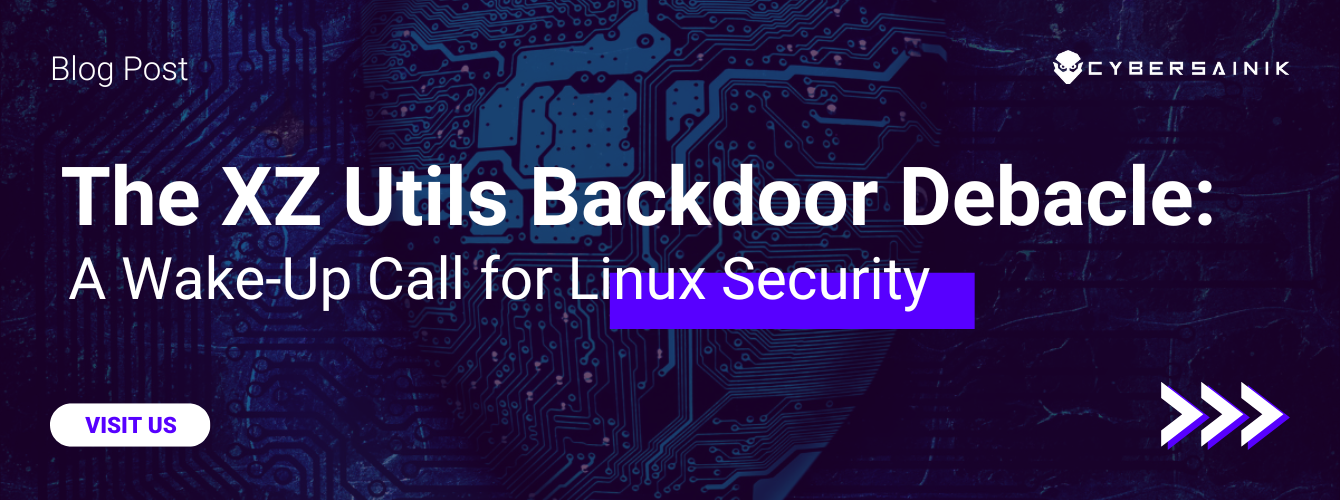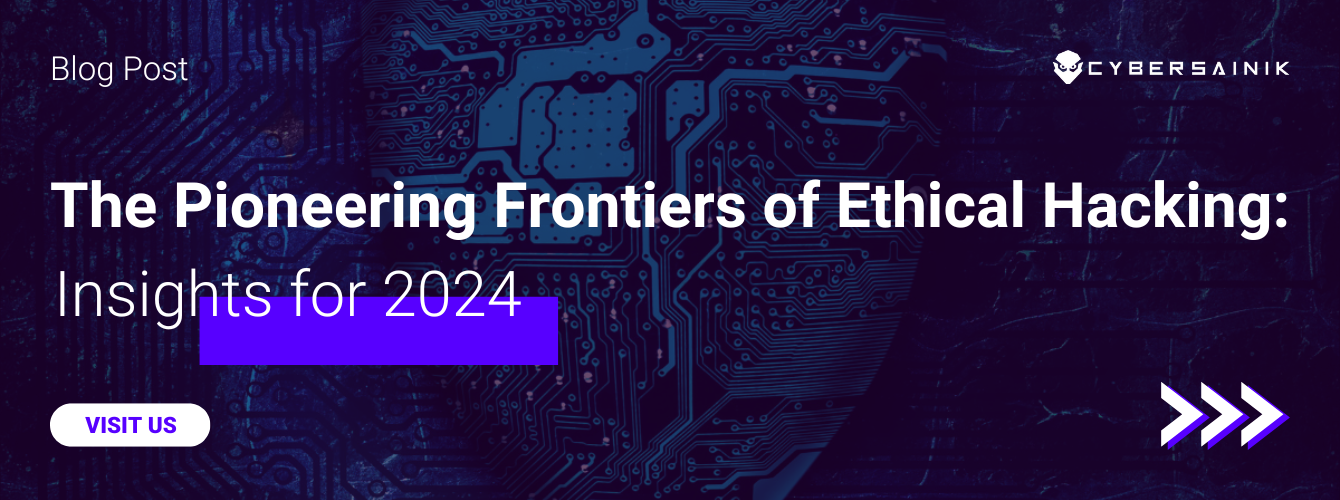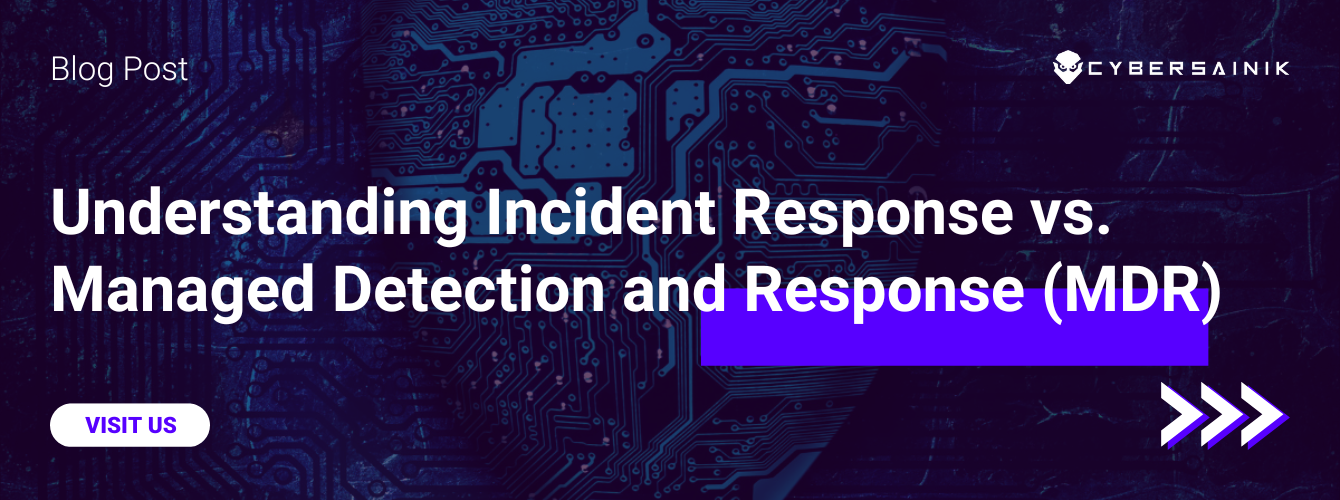Cloud-based services have increased in popularity over the past few years as businesses look for different ways to optimize their business’s processes as well as minimize cost. With the subscription-based cloud service model, important business processes are outsourced to third-party cloud service providers who are responsible for the development and maintenance of these business processes.
Businesses pay a regular fee to the third-party provider to use the cloud services provided. Some examples of cloud-based services subscribed to by businesses include Software-as-a-Service (SaaS), Infrastructure-as-a-Service (IaaS), and Platform-as-a-Service (PaaS). However, another cloud-based service that has been increasing in popularity in recent times that businesses need to keep on their radar is Security-as-a-Service (SECaaS).
What is Security as a Service?
SECaaS is a cloud-based subscription service whereby businesses outsource their system’s security to third-party service providers. With SECaaS, security solutions are provided through the cloud instead of locally. A security administrator, provided by the SECaaS provider or the business, sets up the security controls in the SECaaS provider cloud based on predetermined security protocols. Online management tools are used to monitor and modify the security controls as needed based on the prevailing circumstances.
With the current acute shortage of skilled cybersecurity professionals, SECaaS is an ideal option for small and medium-sized businesses that cannot find or afford to hire their own cybersecurity specialists. Driven by these businesses, the SECaaS market has steadily grown over the past few years; this market is expected to grow to $50 billion from 2022 to 2028 at a Compound Annual Growth Rate (CAGR) of 12.9%.
Services Available Through SECaaS
There are various types of security services available through SECaaS depending on the business’s needs. Some examples of security services offered include but are not limited to:
- Data loss prevention: This deals with the monitoring and protection of business data to guard against corruption and data loss.
- Web security: Web applications are monitored for threats in real time while in use by business employees.
- Business continuity and disaster recovery: This ensures that relevant data can be restored, and business operations can continue with minimal interruptions after a disaster.
- Identity and access management: This deals with the authentication of users allowed to access a business’s network as well as the regulations of the extent of access that users have to the network.
- Intrusion management: This detects and neutralizes attempts by unauthorized users to access and compromise a network.
- Data encryption: This deals with encoding data such that it is incomprehensible to unauthorized individuals.
- Email security: Employee emails are monitored for phishing, malicious attachments, and spam.
- Vulnerability scanning: Regular network scans are completed to look for and secure any potential vulnerability.
How to Choose Your SECaaS Provider
With security an important business function, it is important to be very diligent when choosing which SECaaS provider to use in meeting the security needs of a business. Some key factors to evaluate prior to making a decision include:
- Cost: Depending on the services desired, there may be some variability in prices and payment options between various SECaaS providers in the market. Research should be done to determine which provider offers the best pricing and payment options for the security services desired.
- Service Level Agreement (SLA): The SLA is a contract between the service provider and the business requesting the service. It details the services being requested by the business as well as the expectations of the service provider in providing the service and the consequences for not meeting the expectations. Examples of some of the details included in the SLA are uptime, recovery time, and support level, among others.
- Interoperability: Businesses may use the cloud to provide more than one kind one of service. Therefore, it is important to ensure that the different cloud services are interoperable and can easily integrate with each other. This helps to prevent the problem of vendor lock-in whereby a business is forced to use a specific vendor due to the incompatibility of its product with other vendors or services.
At Cyber Sainik, we are experts in providing Security-as-a-Service. We will work with you to determine the security needs of your business and then develop a unique cloud-based security plan. Contact us today for more information about how we can best meet your security needs.




